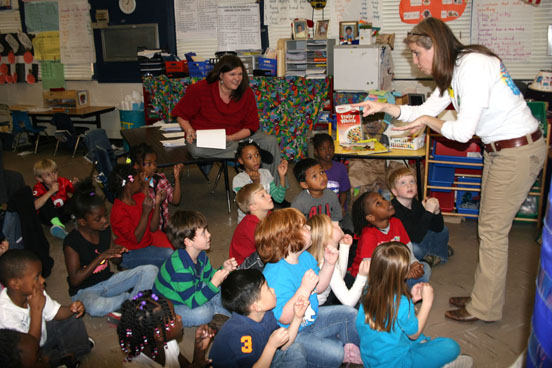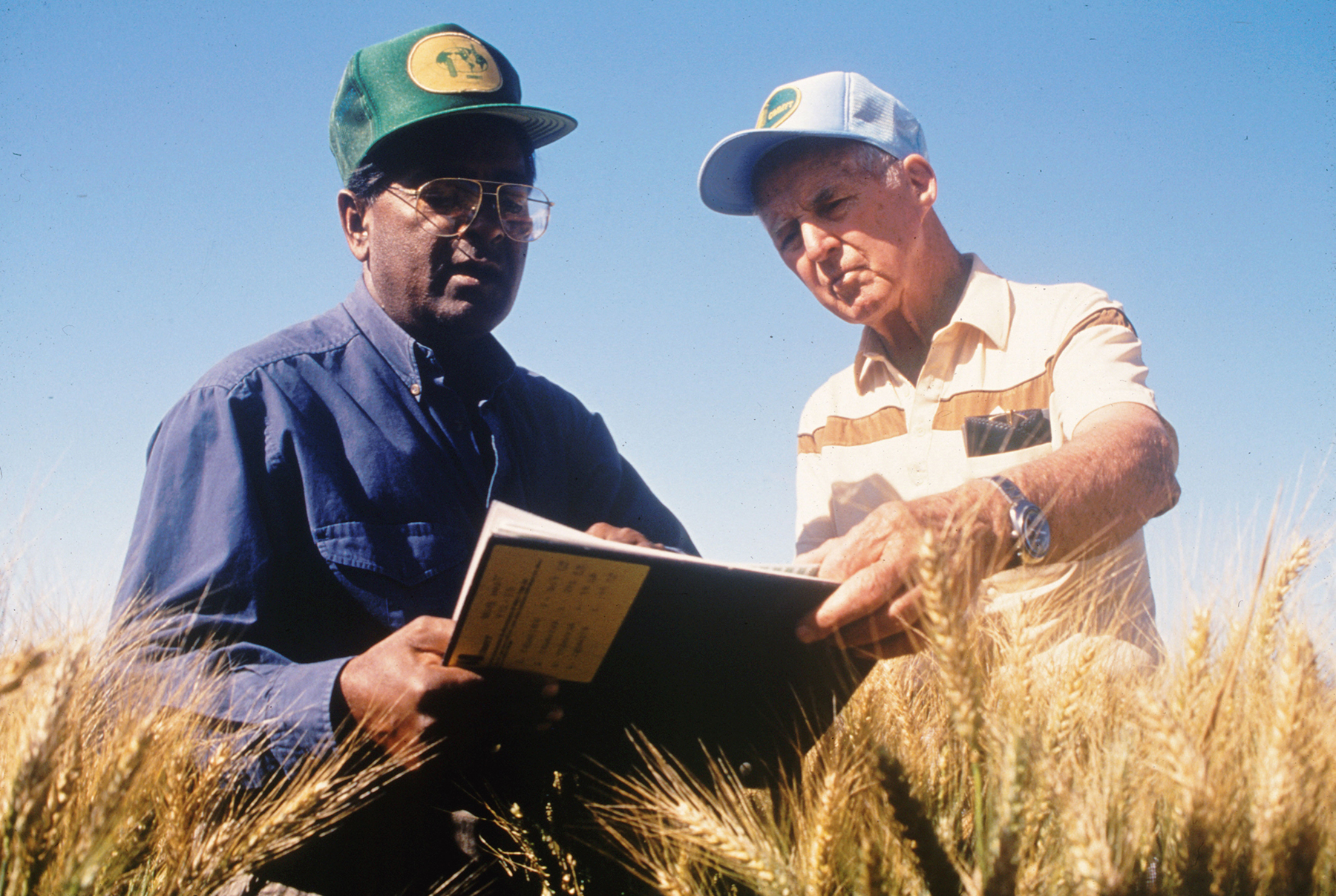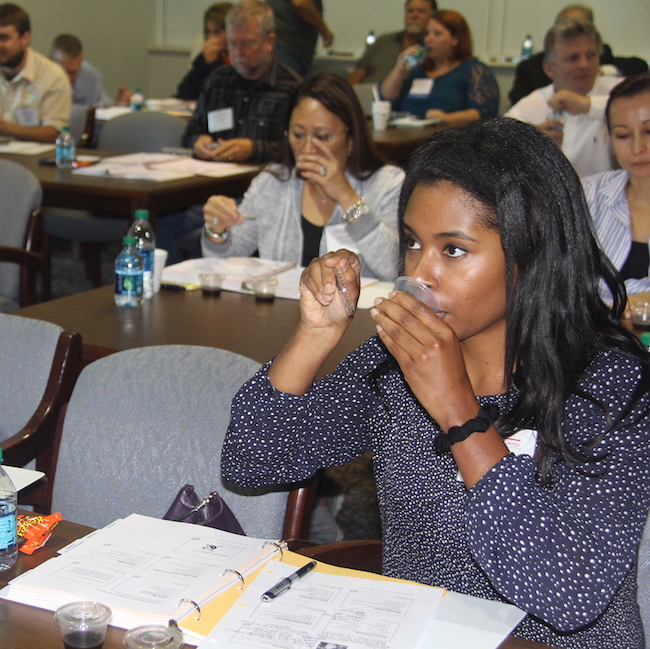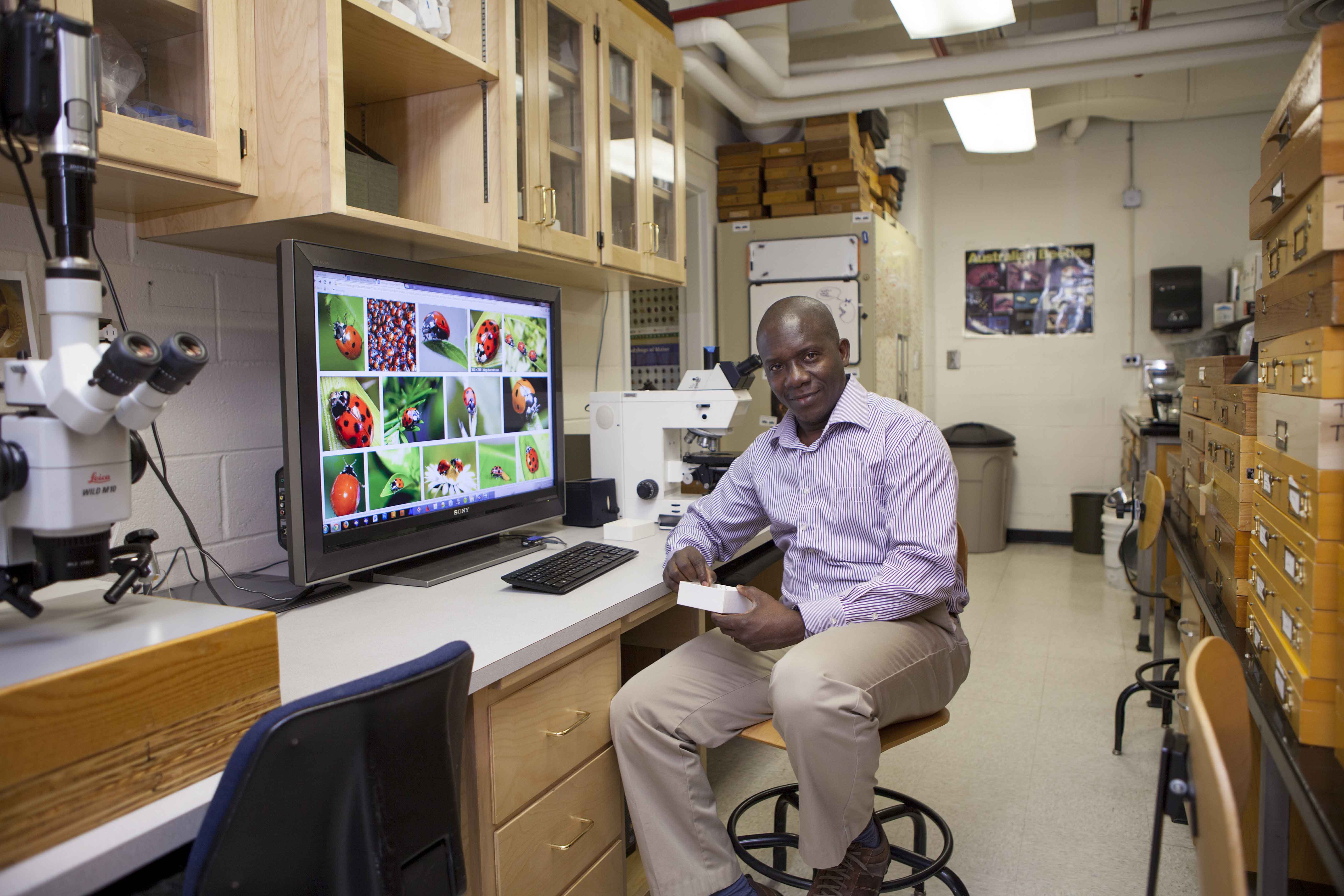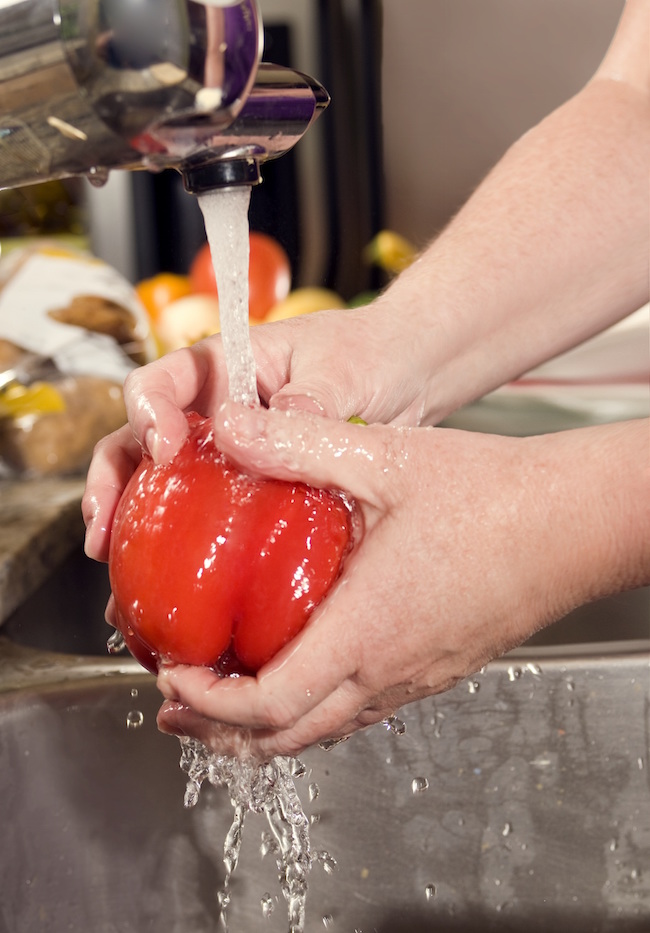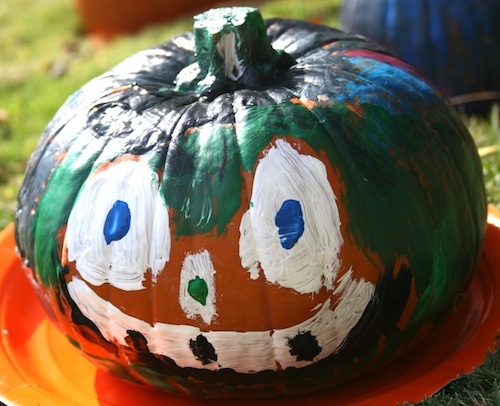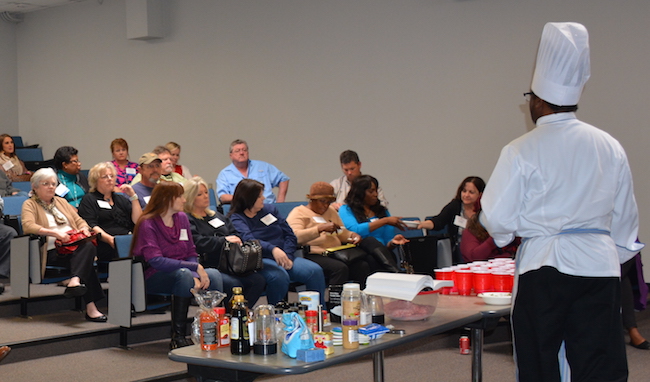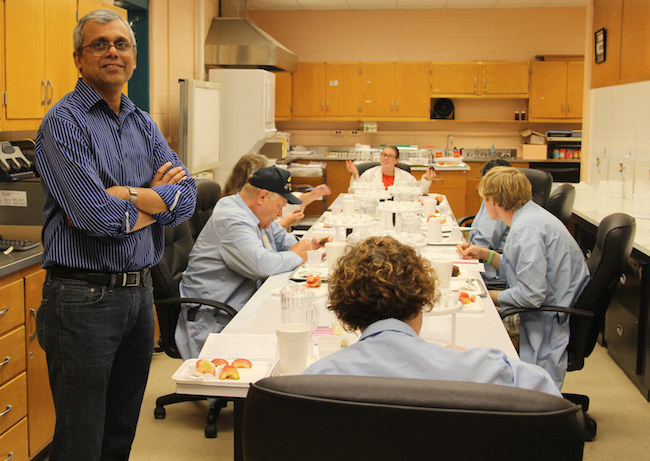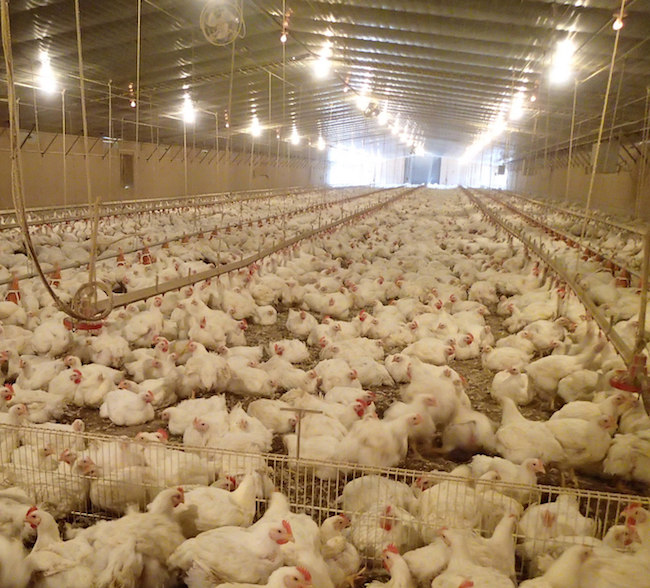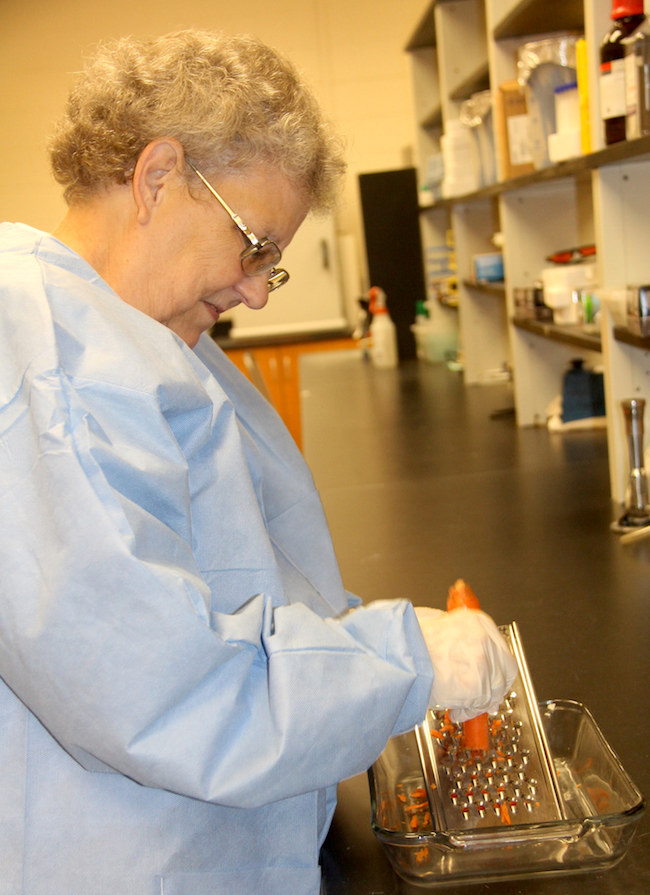 CAES News
CAES News
Cross-Contamination
In a recent study funded by the U.S. Food and Drug Administration, University of Georgia researchers found that produce containing bacteria are likely to contaminate other produce items through the continued use of knives or graters — the bacteria latches onto the utensils commonly found in consumers’ homes and spreads to the next item.

